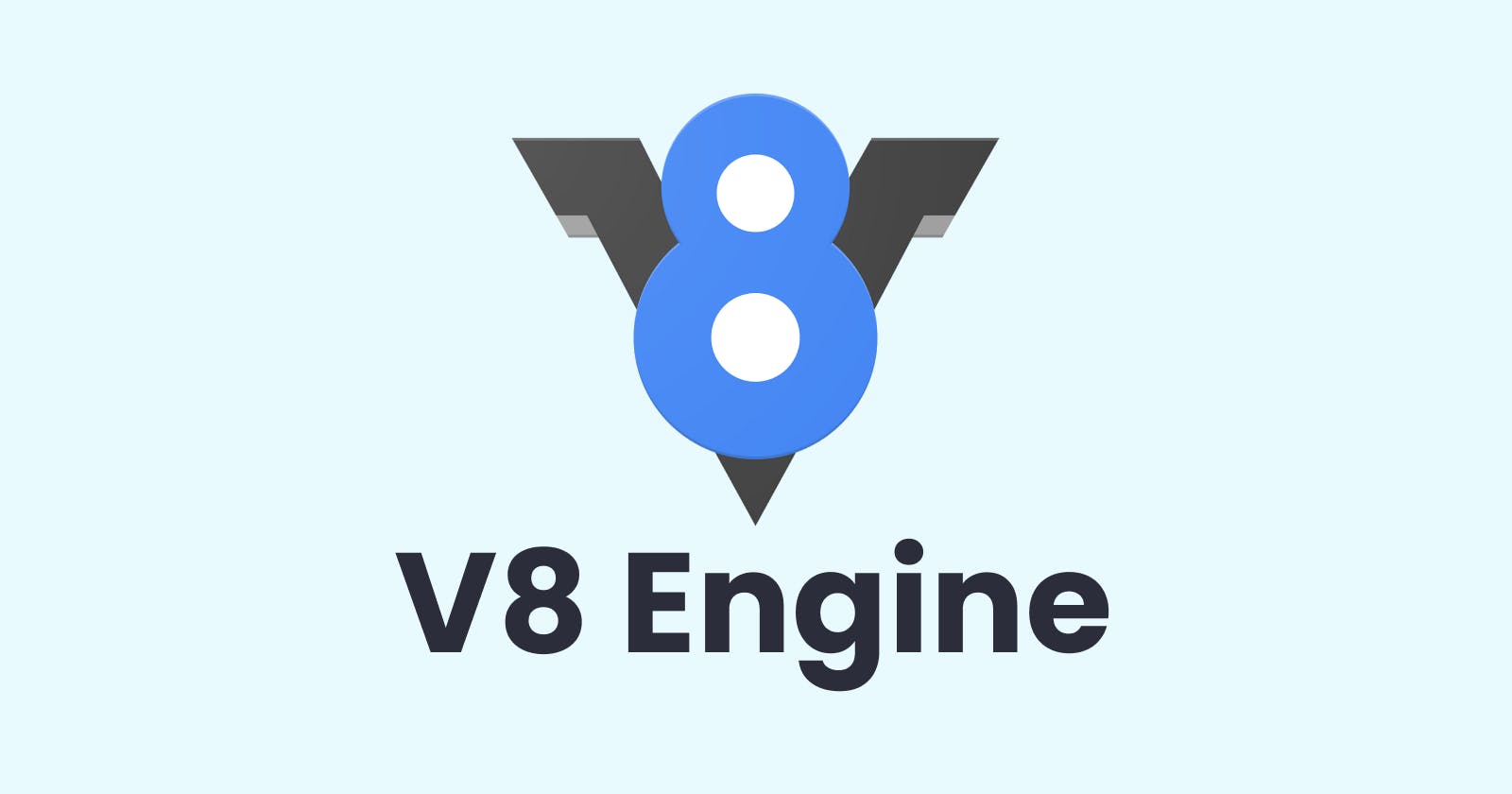A JavaScript engine is a program or a virtual machine that executes JavaScript code. There are several JavaScript engines available, each with its own set of features and performance characteristics.
There are several differences between JavaScript engines, including performance, memory usage, garbage collection strategy, and support for different language features. Here are some more details about the differences between the most popular JavaScript engines:
V8:
V8 is a JavaScript engine developed by Google that is used in Google Chrome, Node.js, and many other applications. V8 is known for its high performance and is designed to run large, complex web applications.
It is known for its high performance and is designed to execute JavaScript code as quickly as possible.
It uses just-in-time (JIT) compilation to optimize code, which means that the code is compiled at runtime to improve performance.
V8 also has a garbage collector that is designed to minimize pauses in the application's execution.

SpiderMonkey:
SpiderMonkey is a JavaScript engine developed by Mozilla and is used in the Firefox web browser. SpiderMonkey is one of the oldest JavaScript engines and has been continuously developed since 1995.
It is one of the oldest JavaScript engines and is designed to be highly compatible with JavaScript standards.
It uses JIT compilation to optimize code and has a garbage collector that is optimized for low memory usage.

JavaScriptCore:
JavaScriptCore is a JavaScript engine developed by Apple and is used in the Safari web browser and in some other Apple applications.
It is designed to be lightweight and fast, making it ideal for mobile and embedded devices.
It uses a bytecode interpreter to execute JavaScript code, which makes it more efficient in terms of memory usage.
JavaScriptCore also has a garbage collector that is optimized for low latency.

Chakra:
Chakra is a JavaScript engine developed by Microsoft and is used in the Microsoft Edge web browser and in the Windows operating system.
Chakra is designed to be highly scalable and efficient, and it uses both JIT compilation and profile-guided optimization to optimize code.
Chakra also has a garbage collector that is designed to minimize pauses in the application's execution.

Nashorn
Nashorn is a JavaScript engine developed by Oracle and is used in the Java Virtual Machine (JVM).
Nashorn allows JavaScript code to be run on the Java Virtual Machine (JVM) and can be used to build hybrid Java/JavaScript applications.
It uses both JIT compilation and ahead-of-time (AOT) compilation to optimize code and has a garbage collector that is optimized for low memory usage.

In addition to these differences, each JavaScript engine may also have specific features or limitations, such as support for WebAssembly, support for ES6 language features, and compatibility with specific frameworks or libraries. Developers should consider their specific needs and the requirements of their application when choosing a JavaScript engine.
These JavaScript engines all have their own strengths and weaknesses, and the choice of which engine to use depends on the specific needs of the application. However, all of these engines are designed to execute JavaScript code efficiently and accurately, making it possible to build complex web applications that run smoothly and reliably.
Overall, these JavaScript engines are all highly capable and can be used to build complex web applications. The choice of which engine to use depends on the specific needs of the application, such as performance, memory usage, and compatibility with other technologies. Developers can experiment with different engines to find the one that works best for their needs.
Other Non Popular JavaScript Engines
Carakan:
Developed by Opera Software, Carakan was the JavaScript engine used in the Opera web browser from version 10.50 to 12.00. It was designed to be faster and more efficient than other engines of its time, and included features like just-in-time (JIT) compilation and native code generation.
JaegerMonkey:
JaegerMonkey was a JavaScript engine developed by Mozilla that was used in the Firefox web browser from version 4 to 22. It was designed to improve the performance of Firefox's previous JavaScript engine, SpiderMonkey, by incorporating a JIT compiler that could dynamically optimize code at runtime.
Chakra:
Chakra is a JavaScript engine developed by Microsoft that is used in the Microsoft Edge web browser and the Windows 10 operating system. It was designed to be faster and more efficient than previous JavaScript engines used by Microsoft, and includes features like JIT compilation, garbage collection optimizations, and improved memory management.
JScript:
JScript is a JavaScript engine developed by Microsoft that was used in the Internet Explorer web browser from version 3 to 11. It was designed to be compatible with the ECMAScript specification, but included some non-standard features and syntax that were specific to Microsoft's implementation.
Follow for more
Linkedin: https://www.linkedin.com/in/prahladinala/
Github: https://github.com/prahladinala/
Instagram: https://instagram.com/prahlad.inala/
Twitter: https://twitter.com/prahladinala
Figma Community: https://www.figma.com/@prahladinala
Dribbble: https://dribbble.com/prahladinala
Behance: https://www.behance.net/prahladinala
Personal Portfolio: https://prahladinala.in
ToolMate: https://toolmate.co.in

